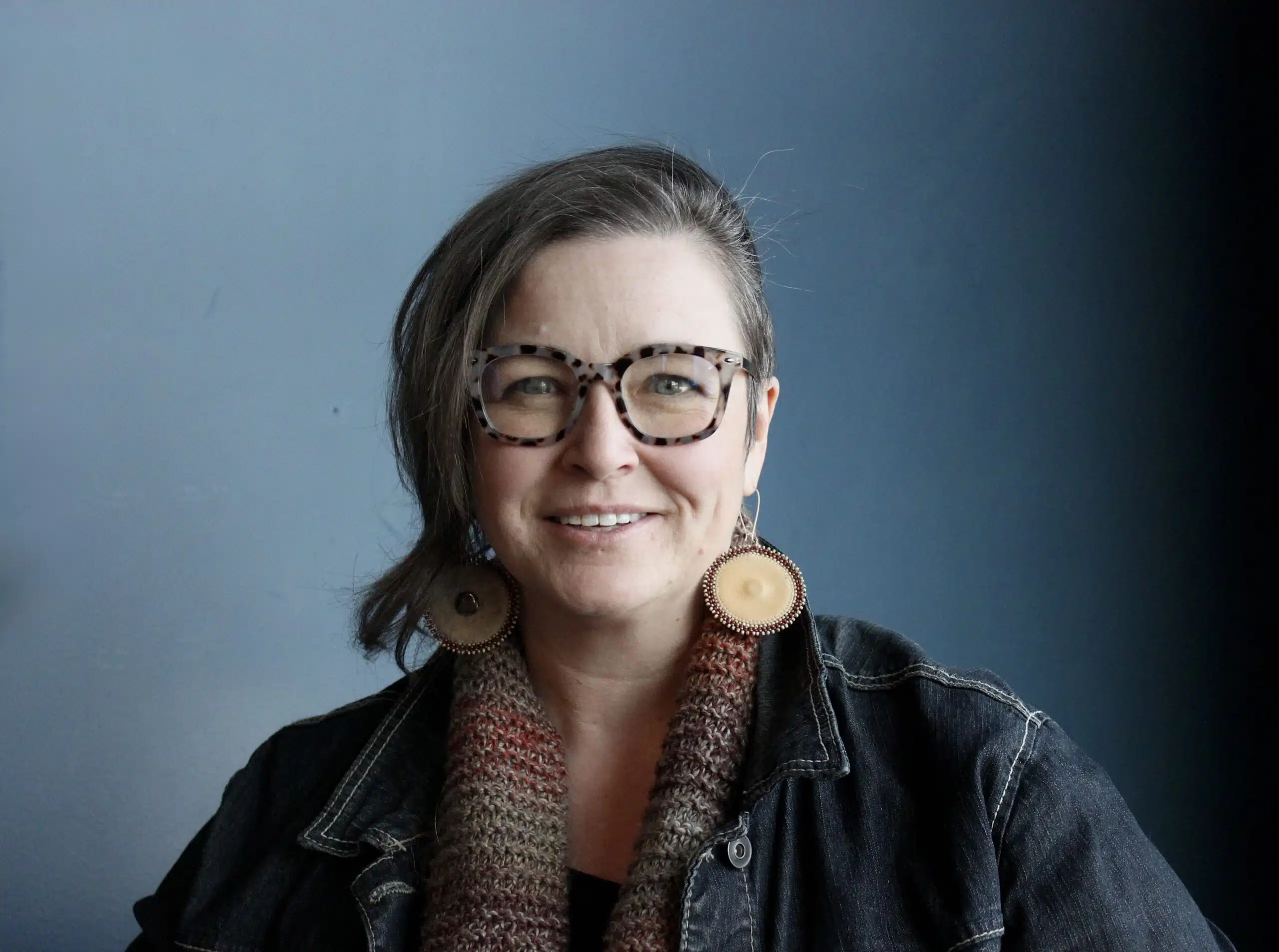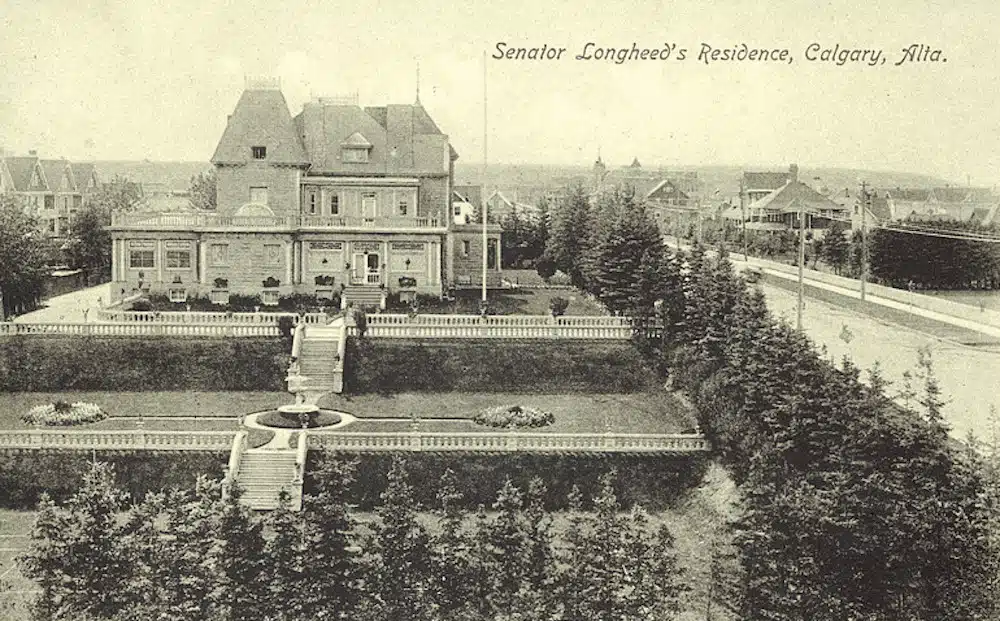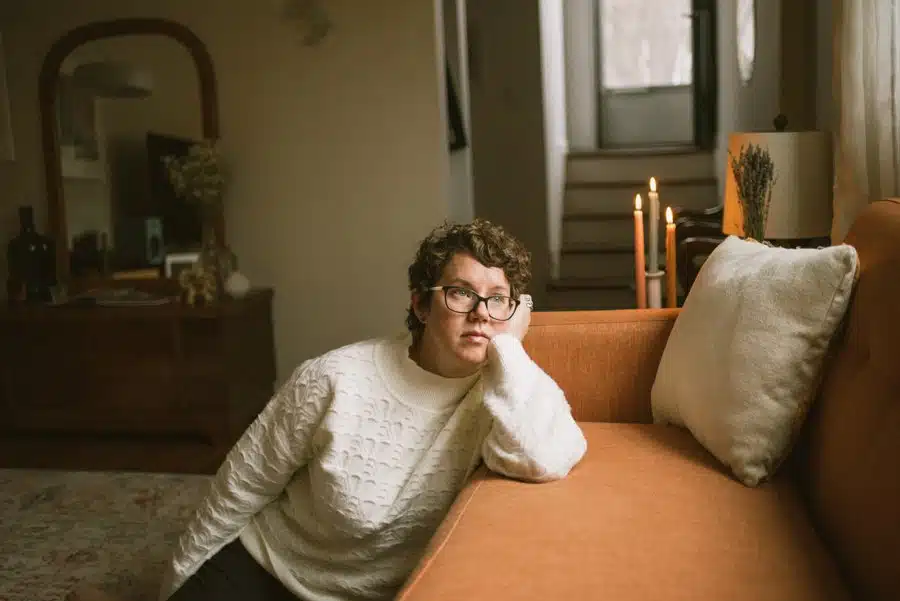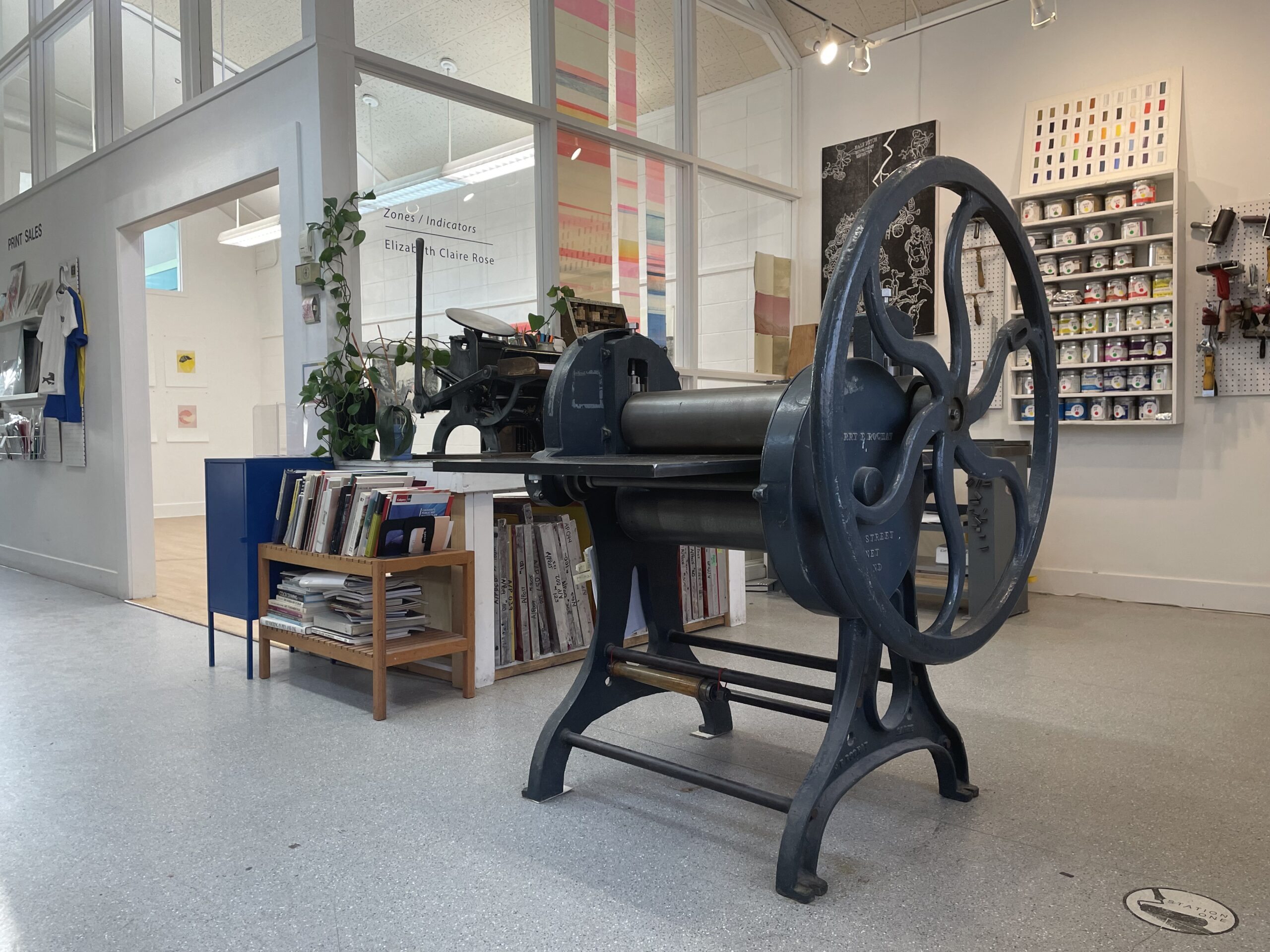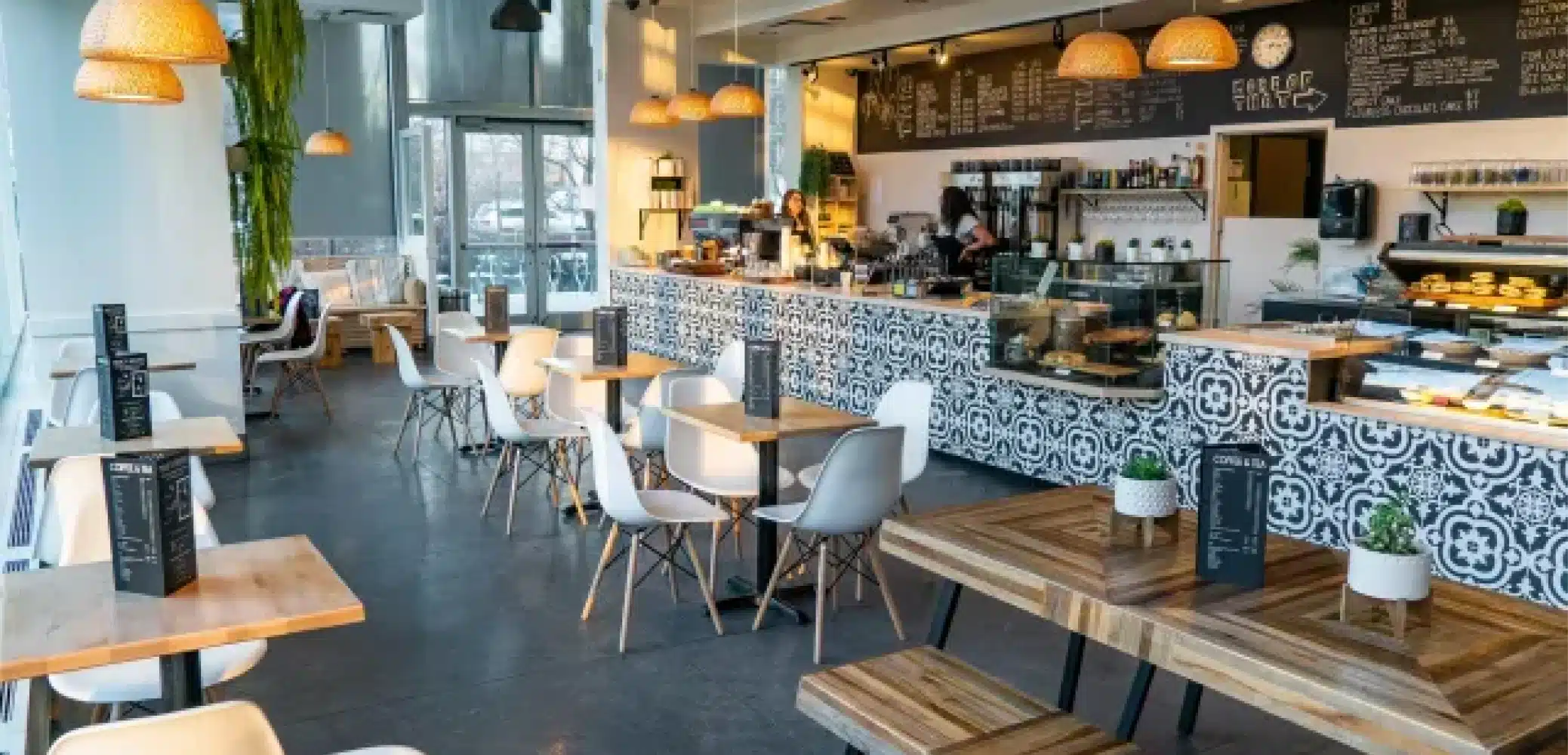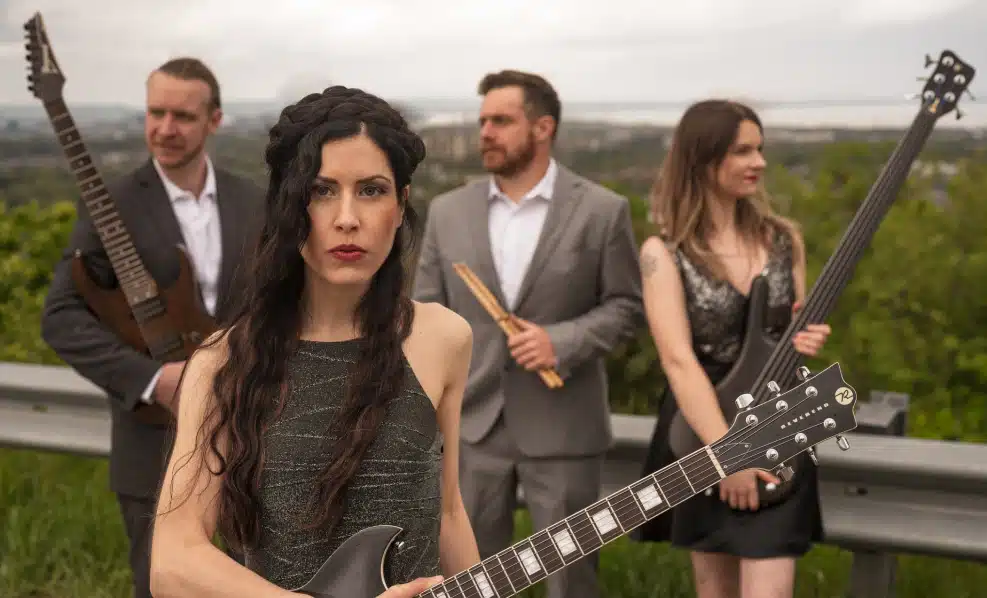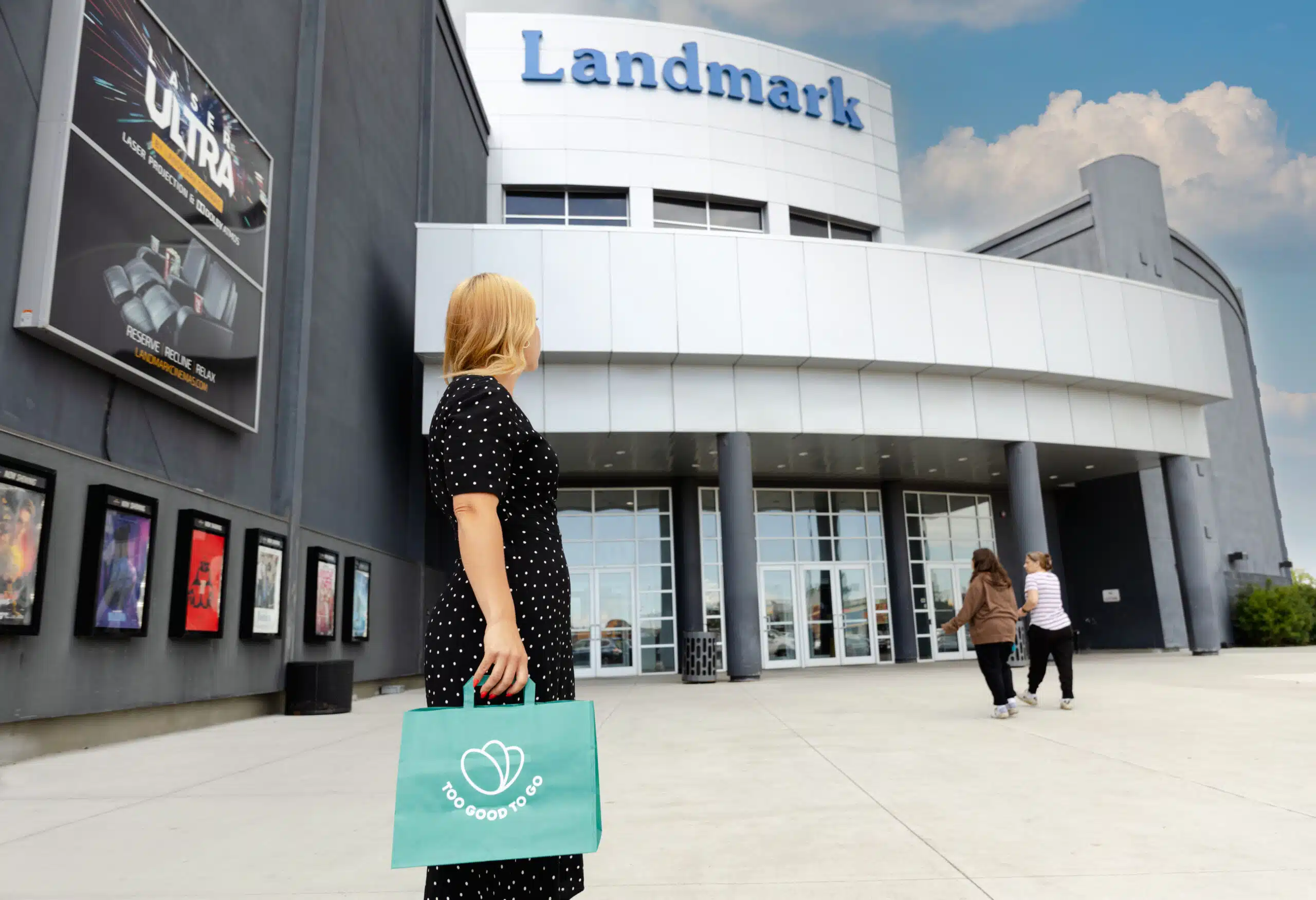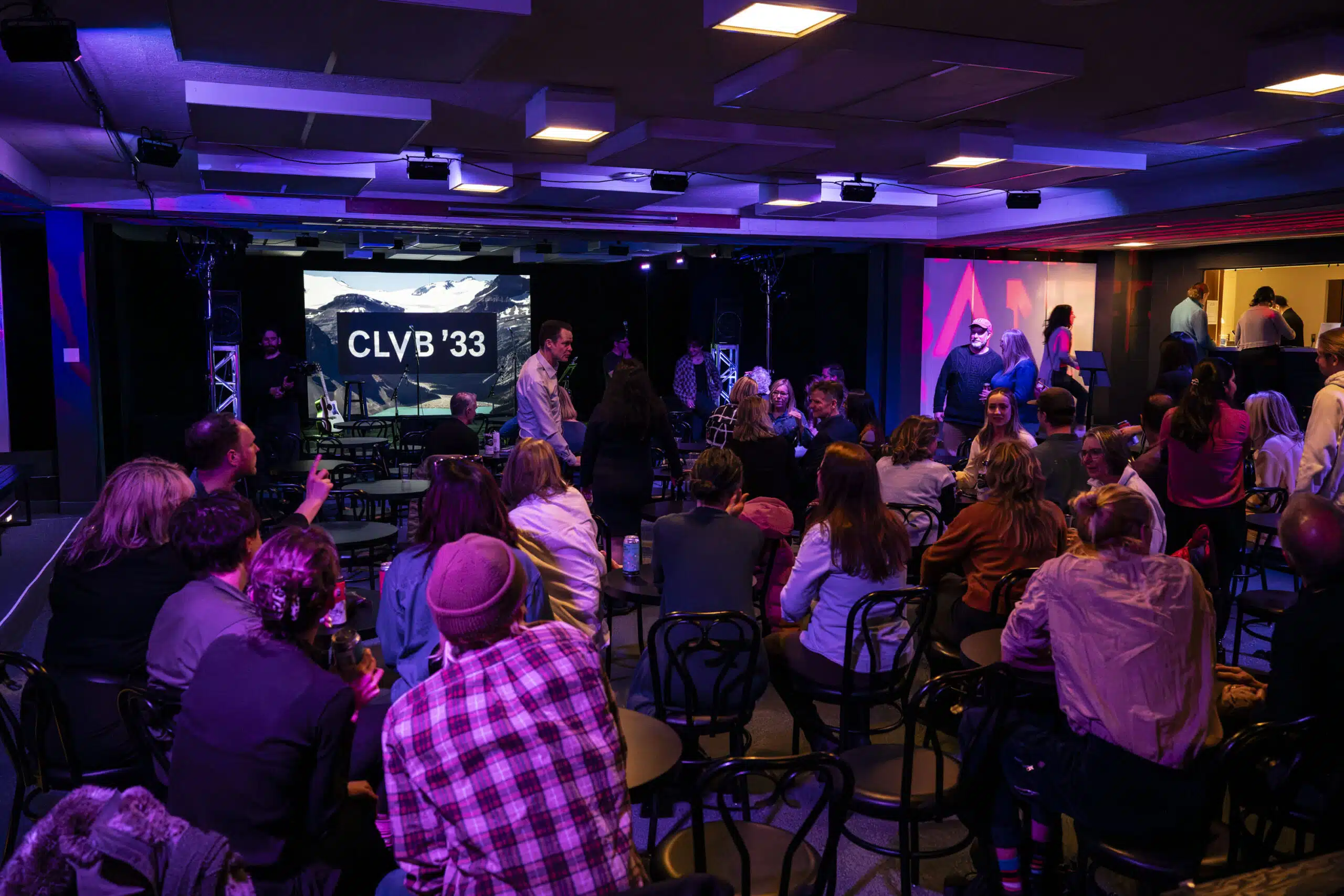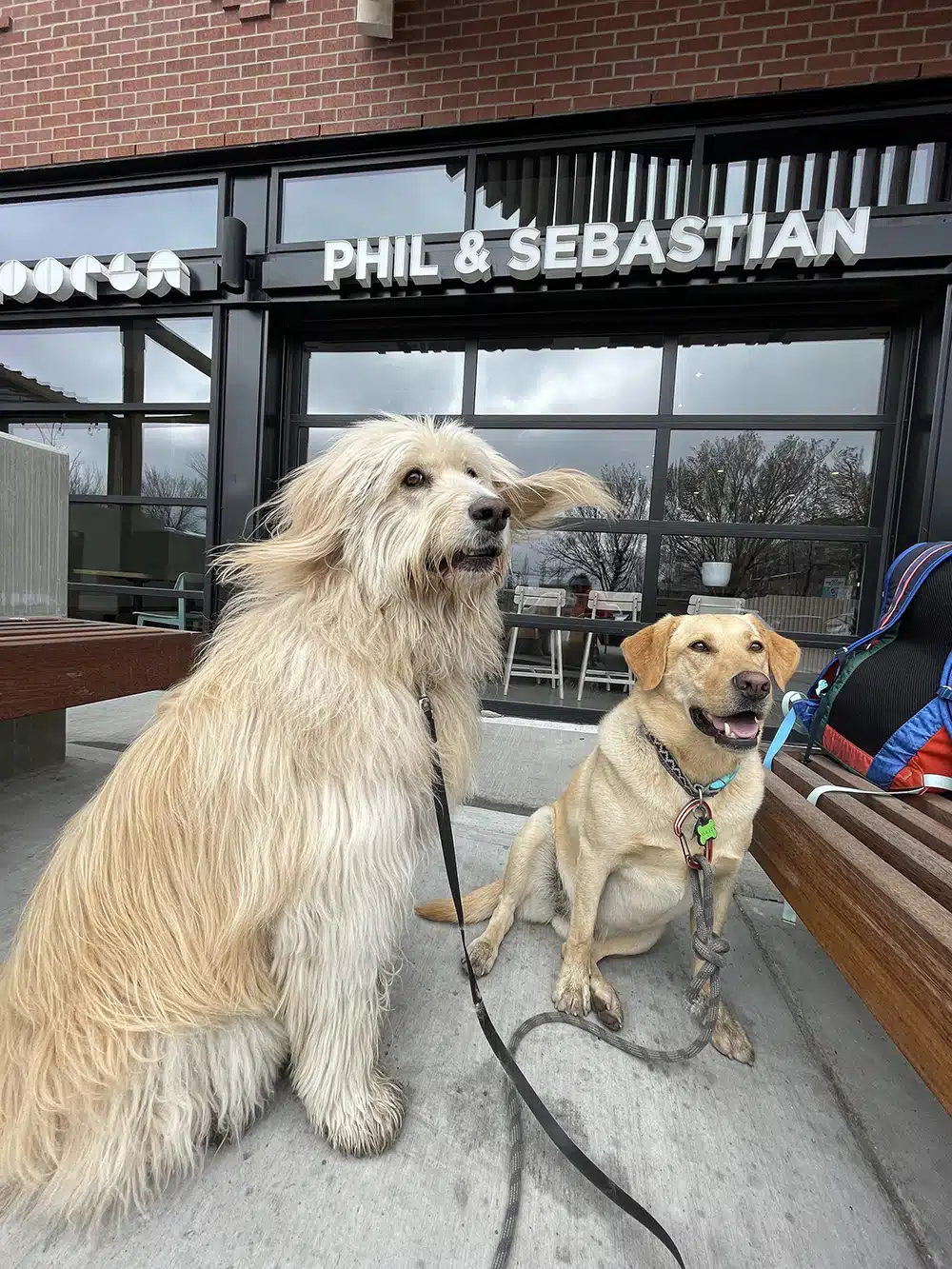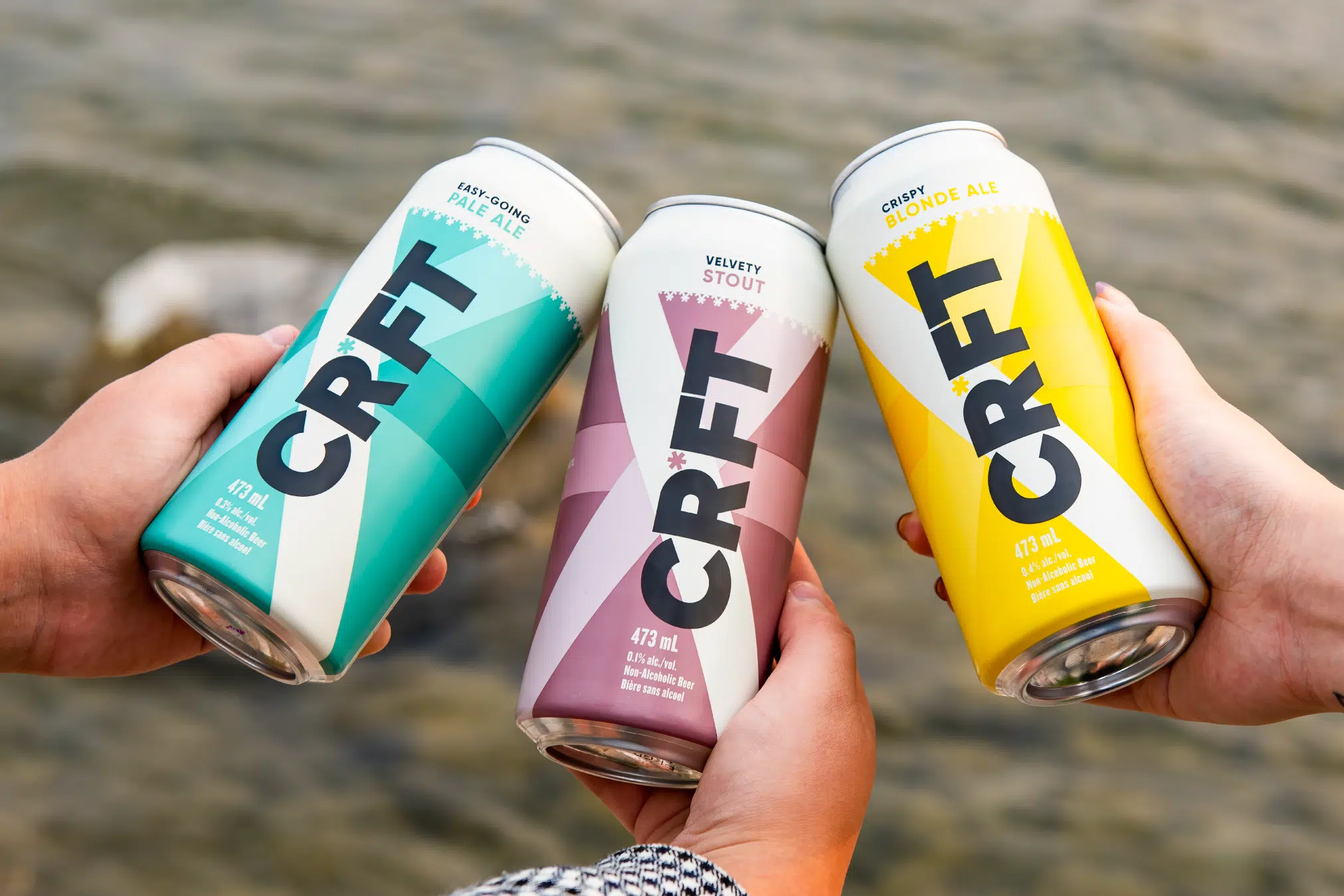Shone Thistle is a queer poet, storyteller, and multidisciplinary artist whose work spans spoken word, visual arts, and community activism. They have represented Calgary at the Canadian Festival of Spoken Word and led impactful initiatives for equity and LGBTQ2S+ rights. Shone’s poetry can be found in several anthologies, including Mic Check: An Anthology of Canadian Spoken Word Poetry and YYC POP: Poetic Portraits of the People.
STORIES WE TELL
“Being Calgary’s Poet Laureate has given me the opportunity to connect with more people than I might have otherwise. I see my role as an advocate for how the arts help us understand the world, connect, and navigate difficult times.
“I’m currently working on a project called The Stories We Tell Ourselves. It explores the narratives we construct to make sense of the world — preconceived ideas about grief, race, gender, and poverty — that often go unchallenged. Art can help us unpack and reframe these ideas, encouraging a deeper understanding of ourselves.”
FROM FIRE TO WATER
“When I was younger, I wrote a lot of poetry filled with teen angst. My writing was often fueled by social justice issues, expressing frustration with systemic injustices. It was very outward-facing — critiquing the world around me.
“Now, my writing has become more introspective, often exploring grief and the connection between human emotion and nature.
“Water, for instance, has become a central theme in my work. I think about how water has existed since the beginning of time and how it connects all of us.”
ANGER AS A TOOL
“With everything happening politically, both in the U.S. and Canada, I’ve been thinking about how anger can be a productive tool. Women, in particular, are often discouraged from expressing anger, but I believe it has a role in inspiring change. There’s power in anger when it’s directed toward action — whether it’s through protests, poetry, or storytelling.
“Many people associate anger with violence, but it doesn’t have to be. Anger can be expressed through conversations or different forms of art. It’s an important emotion, and when we suppress it, we make it easier for those in power to control narratives.
“By creating space for anger and dissent, we allow for deeper conversations and more nuanced perspectives on important social issues.”
QUEER GIRL
“I was very lucky to grow up in a family where I was never rejected for who I was or who I loved. That’s an incredible gift. Having that privilege of acceptance has also made me more aware of those in my community who face rejection.
“I feel a responsibility to include queerness in my work, even subtly, so others know they’re not alone. One of my poems, Queer Girl, is very direct in expressing queer lived experience. My queer pieces aim to empower, to allow people to be unapologetically themselves.”
PASSION FOR ACTIVISM
“My commitment to social justice started early. When I was eight, I stood on a picket line with my mom and her colleagues who were on strike. That sense of fairness, belonging, and justice has been part of me ever since.
“I can’t separate my art from activism — the personal is political, and the political is personal. When we live in alignment with our values, our art reflects those commitments. Some artists may not directly address social justice in their work, but who they are and what they care about will inevitably influence their art and the connections they make through it.
“My art often speaks to justice, kindness, compassion, and humility — values that are central to my activism.
“Is art becoming more politicized? I’m not sure. But artists do have a role in opening people’s eyes to injustice, just as they have a role in revealing beauty.”
THE GREATNESS WITHIN
“There are things that we do and don’t even think are beautiful and magnificent. When I ride my bike, I’m only focused on the ride. I’m thinking about the wind in my hair and the smell of the air. I’m not stressing about anything. I’m not damaging anything. I’m not talking negatively about myself. I’m not telling you that I’m rambling all the time. I am a rambler, but rambling can be an art form.
“I think we must recognize the beauty in what we do and in who we are — the beauty in our messiness, too. If we can’t give ourselves compassion, how do we live with compassion for others?”
This Q&A was created in collaboration with Art Commons.
To see more of Shone Thistle’s work, visit shonethistle.ca or Instagram @shonethistle.
